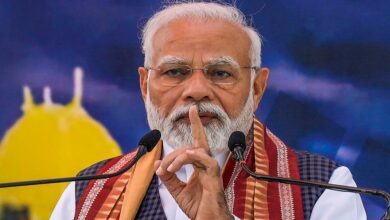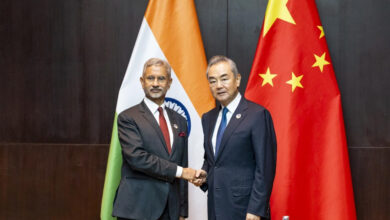AI Warfare: China’s Strategic Shift in Influencing India Elections
In a bold move that highlights the evolving landscape of global politics, China has set its sights on leveraging artificial intelligence (AI) to sway electoral outcomes beyond its borders. Recent revelations from a report by Microsoft shed light on China’s ambitions to wield AI as a tool of influence, particularly targeting the upcoming national elections in India, South Korea, and the United States.
This marks a significant departure from conventional methods of interference, as China embraces the power of technology to shape political landscapes across continents. With Taiwan’s recent presidential election serving as a precedent, where AI was deployed in attempts to sway public opinion, China’s intentions in India’s forthcoming Lok Sabha polls raise concerns about the integrity of democratic processes.
As the countdown to pivotal elections begins, the specter of AI-driven manipulation looms large, casting a shadow over the sanctity of electoral democracy. With social media platforms serving as battlegrounds for information warfare, the potential for AI algorithms to amplify propaganda and sway voter sentiment is a cause for alarm.
Against the backdrop of heightened geopolitical tensions, the use of AI in electoral meddling underscores the need for robust safeguards to preserve the integrity of democratic institutions. As nations grapple with the implications of this technological arms race, the imperative to defend against digital incursions becomes increasingly urgent.
As the world watches with bated breath, the convergence of AI and politics heralds a new era of warfare, where the battleground extends far beyond physical borders, into the realm of bytes and algorithms. In this high-stakes game of manipulation, the outcome of elections hangs in the balance, shaping the course of global politics for years to come.





